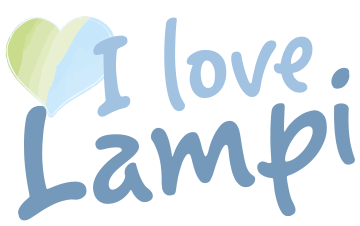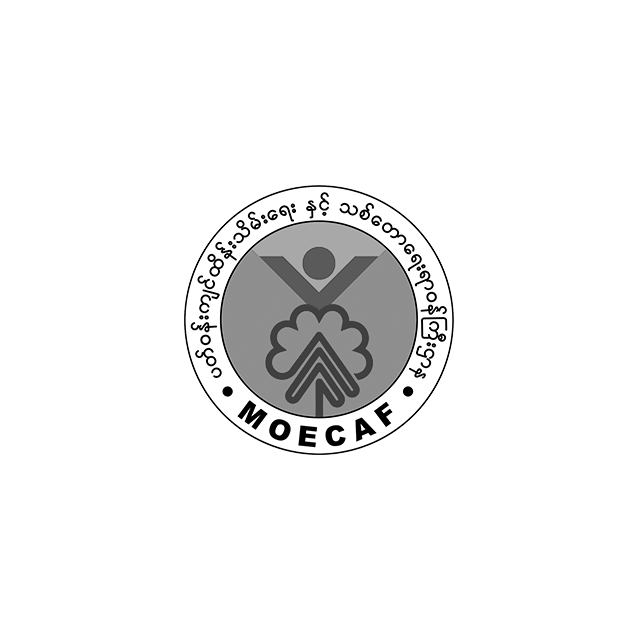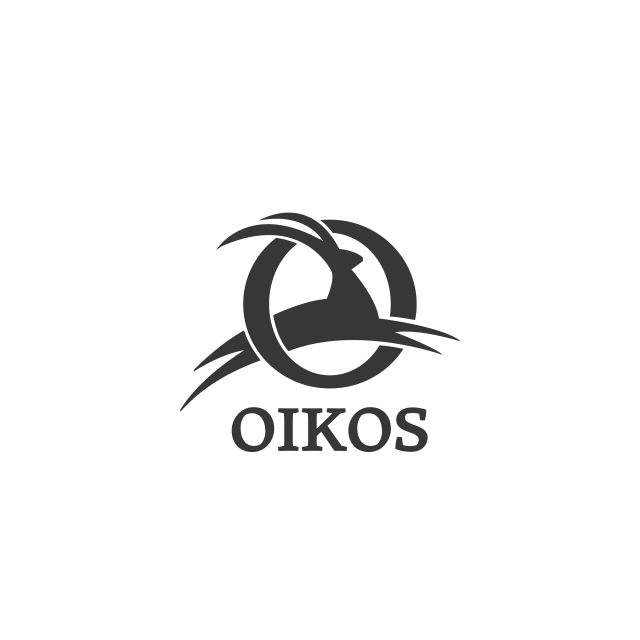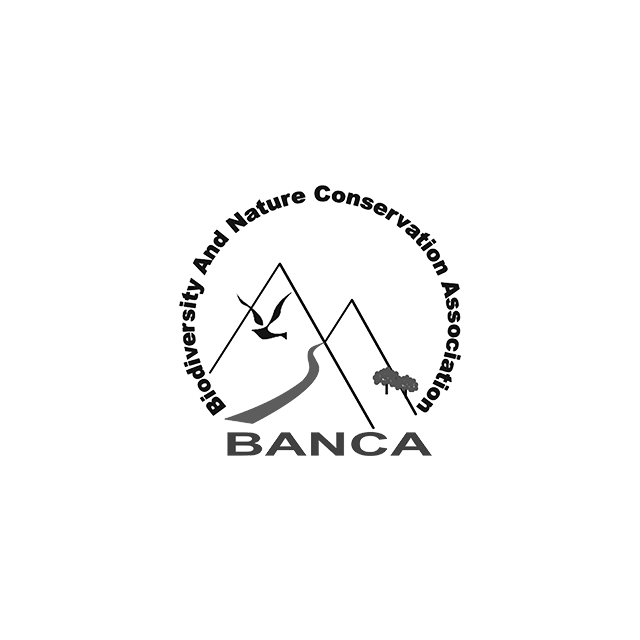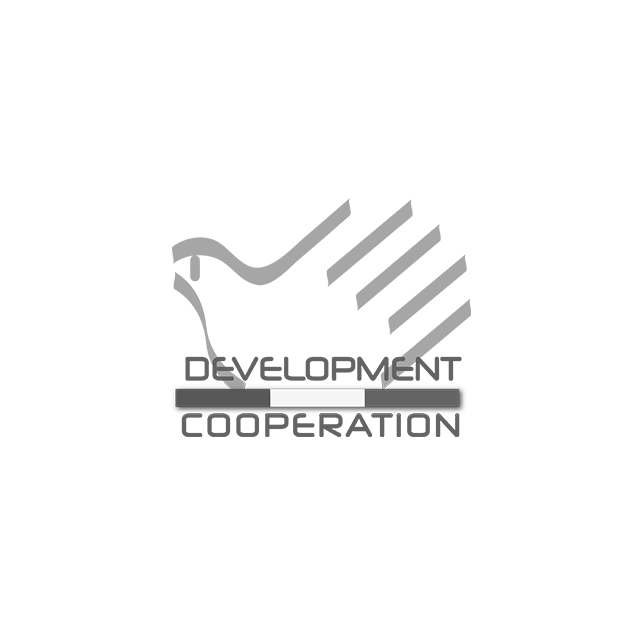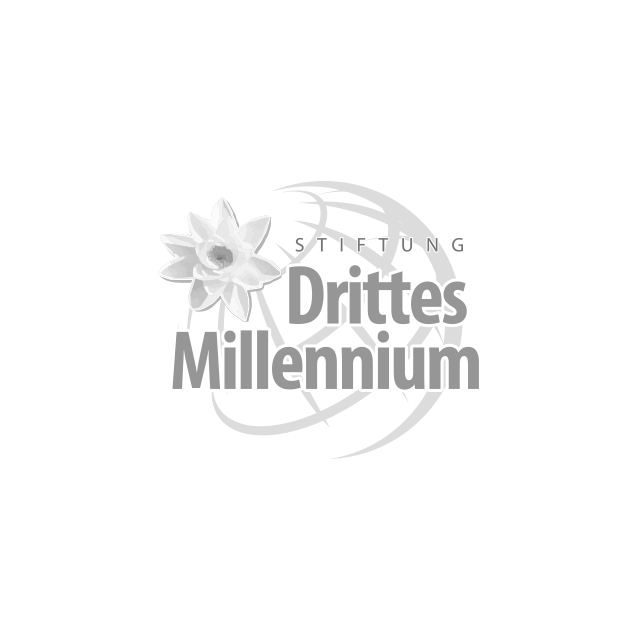Conservation and livelihood improvement programmes in Lampi Marine National Park have been supported by the Italian NGO Istituto Oikos Onlus, in collaboration with the Myanmar Forest Department, BANCA and other Myanmar organisations and universities, with the financial support of the Italian Development Cooperation, the European Union, Stiftung Drittes Millennium and private donors.
These are the main programmes:
Projects

Inauguration of the Visitor Centre
VISITOR CENTRE
Lampi Marine National Park Visitor Centre was built and inaugurated in 2016. The building includes the Park Office, a multi-functional hall for educational activities and workshops, and accommodation facilities for visiting researchers and consultants. The Visitor Centre will help promoting knowledge and awareness of the Park’s key natural resources, targeting both the local community and the visitors. The Centre will also serve as a meeting point for the park staff, research experts and key stakeholders involved in environmental conservation in the wider Myeik Archipelago.
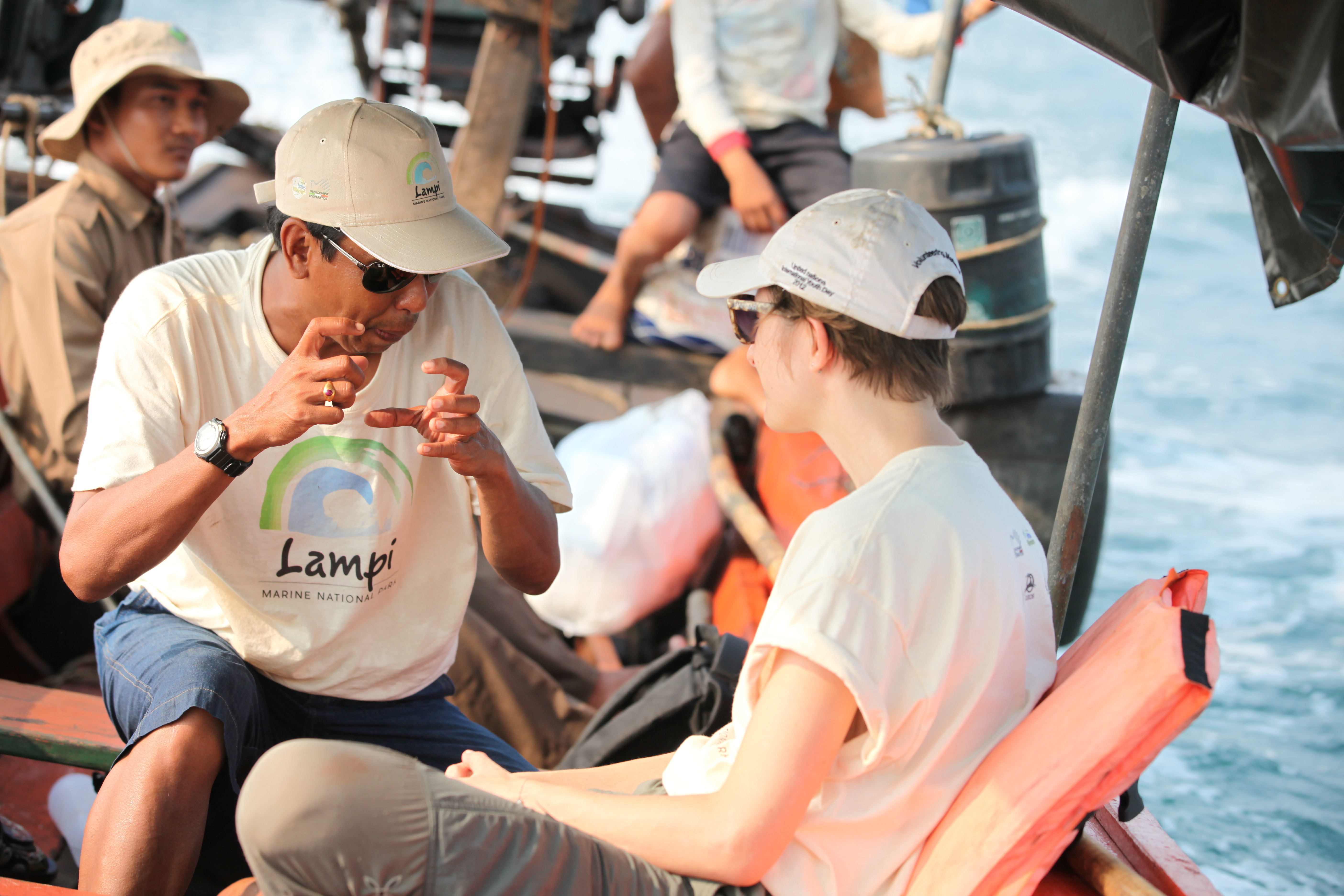
Support to park operations
Support to Park Operations
Istituto Oikos has supported the construction of park facilities including a ranger house, park office and guesthouse for project staff and researchers. Training activities are regularly organised to enhance the management and technical skills of the park staff. Istituto Oikos has also provided a speed boat and field equipment including GPS, binoculars and camera traps, for monitoring and patrolling activities implemented by the rangers.
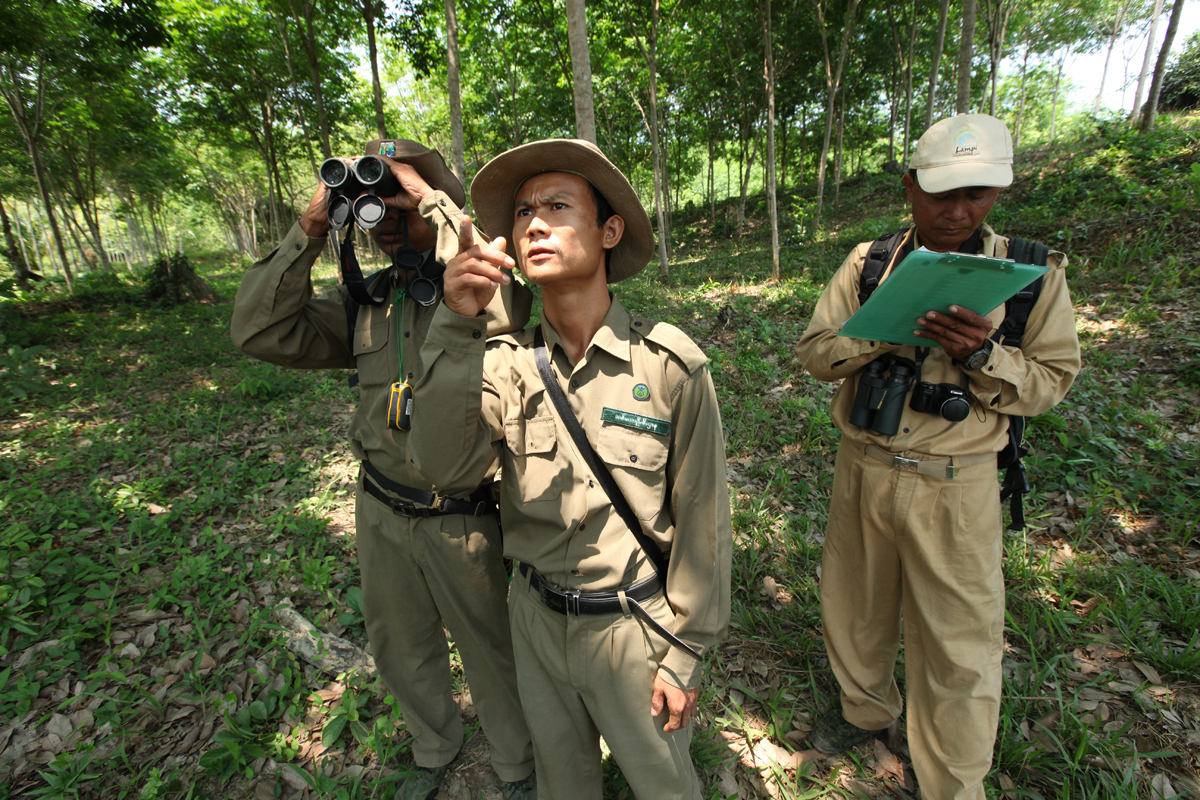
Park rangers
Biodiversity conservation and management
Ongoing field research programmes collect data on forest and marine resources as well as the socioeconomic situation of the park.
Participatory mapping and planning with local stakeholders has led to the preparation of a 4-year management plan – officially approved by the Ministry of Environmental Conservation and Forestry in November 2014 – and the zoning map of the park.
In collaboration with Insubria University, environmental monitoring tools and protocols for key species have been developed.Local scientists, rangers and community members have been trained to perform environmental monitoring, wildlife identification and camera trapping activities.
The partner University of Milan Bicocca has conducted a Remote Sensing campaign for terrestrial and marine resources characterization, and developed thematic maps of Lampi Marine National Park (land cover, surface temperatures and hotspots).
Corals were surveyed in March 2016 in collaboration with a team of Marine Biologists from Prince of Songkla University, Thailand.
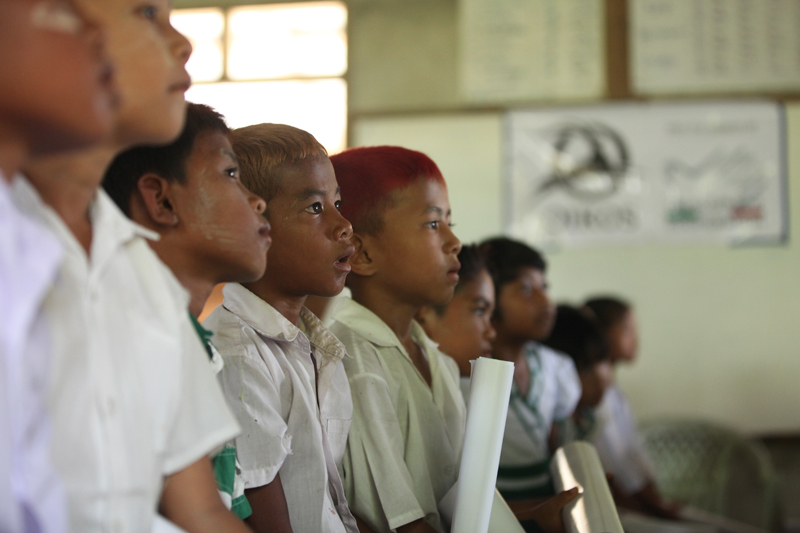
Education in the school
Environmental education
Environmental education activities have been conducted to raise awareness about the role of the park – its resources and threats – in order to build support and encourage community participation in conservation, targeting nearly 2,500 children and adults in over 20 villages in and around the Park. Environmental education campaigns on environmental conservation, marine resources management, sea turtles and mangroves are regularly held in collaboration with the Park staff.
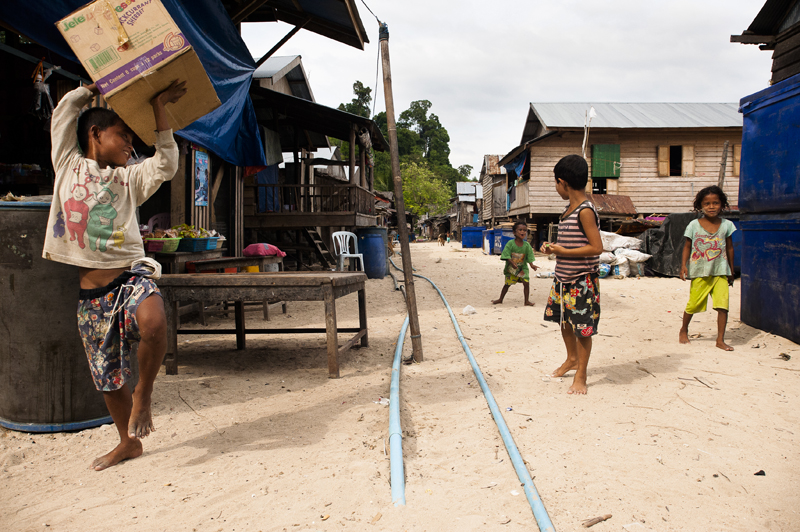
Kids in the village
WASTE, WATER AND SANITATION
The water supply system of Makyone Galet village has been improved by the creation of a distribution line that provides clean freshwater to village households. Works have also been completed to rehabilitate the community well, in order to increase water availability for the village during the dry season.
A sanitation kit for the construction of toilet facilities has been delivered to 36 village households, who have now access to improved sanitation.
Since January 2016, a waste management system has been put in place: three landfill areas have been created, fees are collected monthly by the Waste Management Committee, and waste is collected daily at the household level. Sunday Clean Up campaigns are regularly organised with Oikos support.
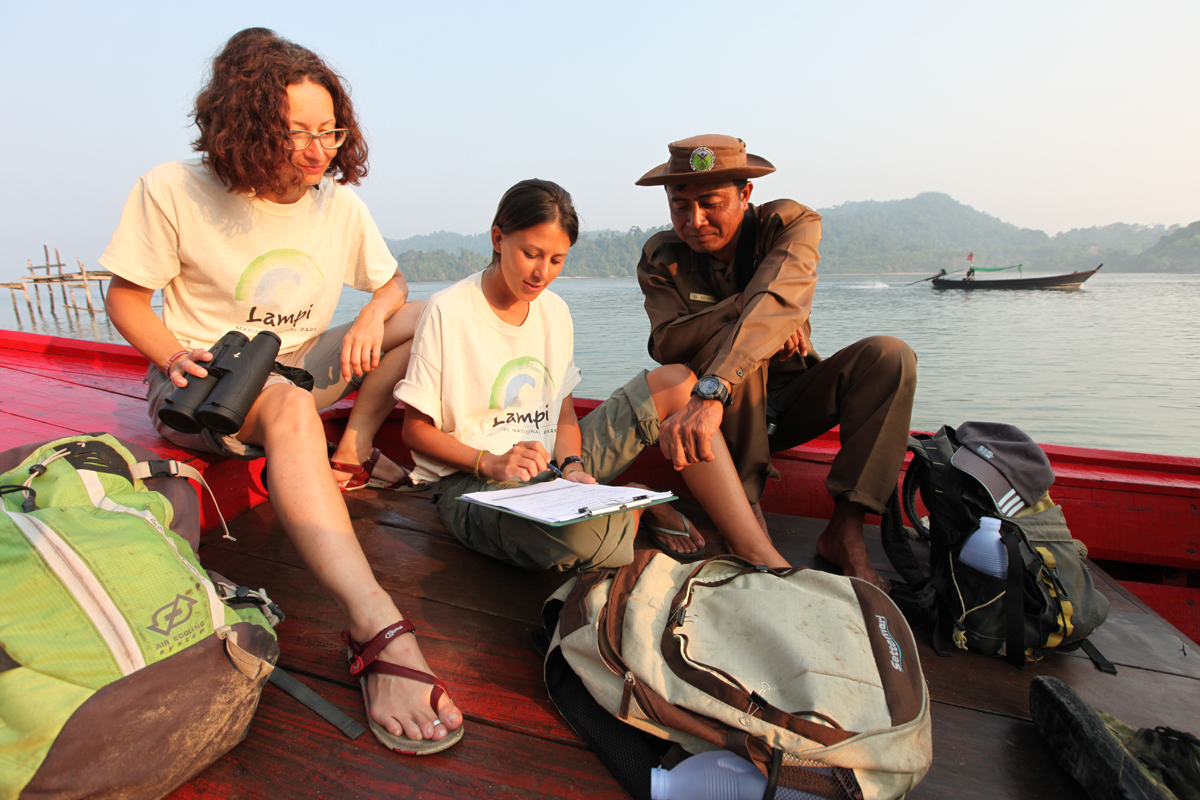
Survey on the boat
SUPPORT TO COMMUNITY-BASED TOURISM
In order to promote sustainable tourism in Lampi Marine National Park, an ecotourism plan has been prepared through a participatory process both at local and national level and approved in 2015. A shorter version in Myanmar language is also available. The objective is to identify ecotourism initiatives that will deliver greater benefits to the local communities while supporting the conservation objectives of the park.
A comprehensive training programme to support community-based tourism initiatives, involving English Language classes, Village Tour Guides training and Handicraft production from recycling materials started in 2015 and it is ongoing. A Lampi Community-based Tourism Committee was set up and ecotourism trainings, including study tours, have been delivered.
Interpretation materials, including educational panels, a guidebook, a folding map and a video documentary about Lampi Marine National Park have also been developed.
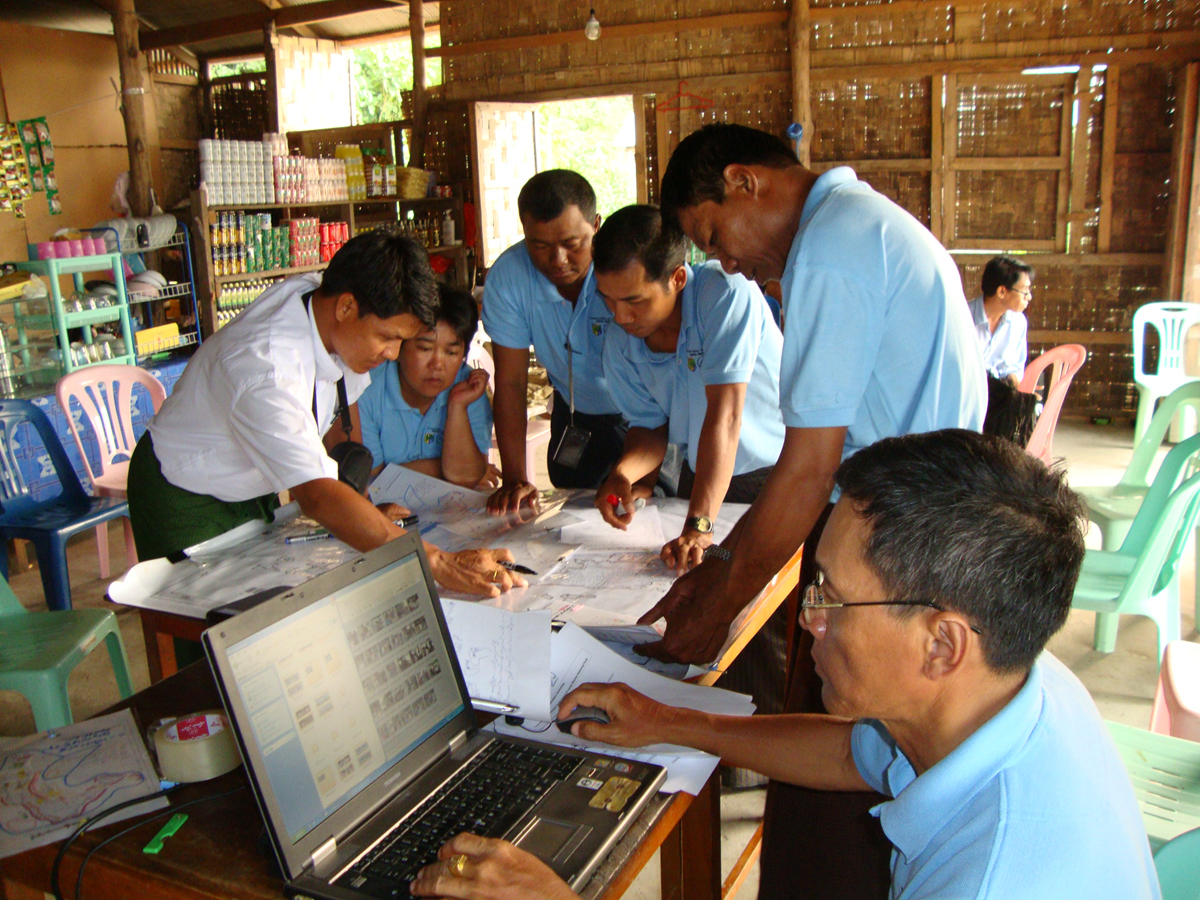
Local workshop
PARK SUSTAINABILITY
Istituto Oikos and the Myanmar Forest Department are investigating different options to ensure the management of Lampi Marine National Park is sustainable at social, environmental and economic level, through the introduction of financial mechanisms like Payment for Ecosystem Services (PES) and Public-Private Partnerships (PPP).
